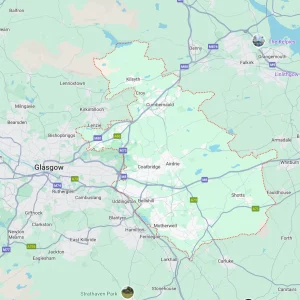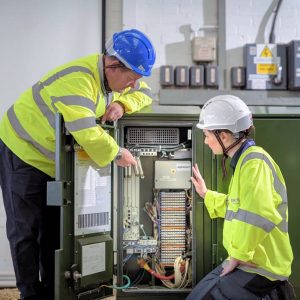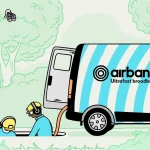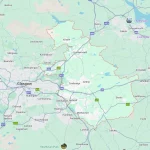Sponsored Links
Rural Users Face Digital 'Broadband Speed' Divide
Posted: 06th Dec, 2007 By: MarkJ
Jupiter Research analyst Ian Fogg has added further comment to the next generation broadband debate by highlighting the plight of rural residents. Such areas often suffer from slower speeds due to the distance they live from their exchange, which can cause greater interference on ADSL lines and thus reduce performance.
Mr Fogg correctly points out that any future network will need to address this issue, though it may prove too costly to bring fibre out that far. In addition such people often reside outside of the economic comfort zone for unbundled (LLU) providers, meaning that cheaper services may not reach them either. However BT remains more confident:
The BBC News Online item offers a good and insightful run down of the problems people living outside of urban areas can experience and some possible solutions.
Mr Fogg correctly points out that any future network will need to address this issue, though it may prove too costly to bring fibre out that far. In addition such people often reside outside of the economic comfort zone for unbundled (LLU) providers, meaning that cheaper services may not reach them either. However BT remains more confident:
"But if we move to fibre the notion that we'd carpet the nation overnight is logistically implausible. It is very likely to be a gradual process," said Peter McCarthy-Ward, BT's director of equivalence.
He thinks the lessons from first-generation broadband roll-out suggest that the speed divide will not be huge. "Our experience with broadband has shown us that the gap that remains can be astonishingly small," he said.
There will be other technologies, such as WIMAX, to take up the shortfall, and government initiatives are likely to play a role.
He thinks the lessons from first-generation broadband roll-out suggest that the speed divide will not be huge. "Our experience with broadband has shown us that the gap that remains can be astonishingly small," he said.
There will be other technologies, such as WIMAX, to take up the shortfall, and government initiatives are likely to play a role.
The BBC News Online item offers a good and insightful run down of the problems people living outside of urban areas can experience and some possible solutions.
Search ISP News
Search ISP Listings
Search ISP Reviews
Latest UK ISP News








Cheap BIG ISPs for 100Mbps+
150,000+ Customers | View More ISPs
Cheapest ISPs for 100Mbps+
Modest Availability | View More ISPs
Latest UK ISP News
Helpful ISP Guides and Tips
Sponsored Links
The Top 15 Category Tags
- FTTP (6791)
- BT (3880)
- Politics (3069)
- Business (2765)
- Openreach (2661)
- Building Digital UK (2508)
- Mobile Broadband (2470)
- FTTC (2141)
- Statistics (2125)
- 4G (2089)
- Virgin Media (2021)
- Ofcom Regulation (1778)
- 5G (1727)
- Fibre Optic (1603)
- Wireless Internet (1593)
Sponsored
Copyright © 1999 to Present - ISPreview.co.uk - All Rights Reserved - Terms , Privacy and Cookie Policy , Links , Website Rules
































